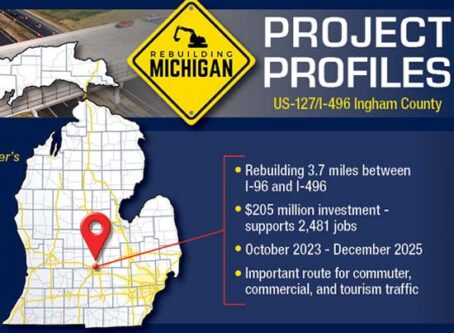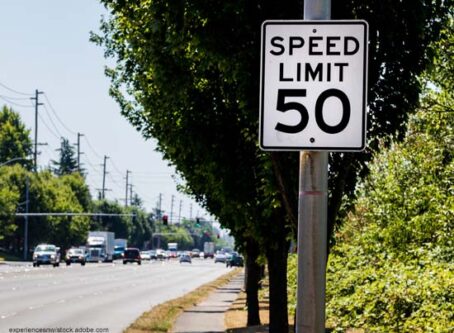FMCSA grants HOS exemptions for asphalt hauling operations
The Federal Motor Carrier Safety Administration has granted another hours-of-service exemption. This time, the National Asphalt Pavement Association petitioned for all drivers hauling asphalt to be exempt from the 30-minute rest break and the provision requiring short-haul truckers to return to their work-reporting location within 12 hours of coming on duty.
According to a FMCSA notice to be published in the Federal Register on Friday, Jan. 26, the rest break exemption will “enable drivers engaged in the transportation of asphalt and related materials to use 30 minutes or more of on-duty ‘waiting time’ to satisfy the requirement for the 30-minute rest break.” This exemption assumes that no work of any kind is being done during the wait period.
The 12-hour day exemption will essentially extend short-hauls drivers’ day by two hours. Drivers will now have 14 hours to return to their work-reporting location once coming on duty.
Both exemptions are good for five years.
Requested in September, there were 66 comments received for the exemption request. Of the 66 comments, only four were opposed to it. Four others were neither in support nor opposition to the request. Rather, they were general complaints about HOS and ELD regulations. The remaining 58 were all in support, mostly from those who benefit from the exemption.
The asphalt group’s argument for the 30-minute rest break exemption was based on the notion that asphalt is a highly perishable product, noting that asphalt is loaded at 280-300 degrees F and immediately begins to cool. Asphalt hardens and is not usable if not delivered within two hours, the group claims. The organization also claims that asphalt delivery drivers only spend about one-third of their day driving.
Arguing for the 12-hour workday exemption, the asphalt group explained that “the routes from the production facility to the delivery site for both products are limited to less than 40 miles, and the time spent actually driving a CMV is typically only a few hours per day.” Under these conditions, they claims that its drivers “do not face the same fatigue factors as drivers of long-haul trucks, and therefore do not pose the same risk of a fatigue-related accident as long-haul drivers.”
Among the few opposing the exemption request was Advocates for Highway and Auto Safety. In submitted comments, Advocates opposed the exemption request since “it fails to include any analysis of the safety impacts of the requested exemption and provides no discussion of the specific countermeasures the exempt persons would undertake to ensure an equivalent or greater level of safety than would be achieved absent the requested exemption.” Advocates simplified the request by suggesting its main argument is essentially “because other groups have received it.”
“The continued granting of exemptions undermines the federal regulatory HOS scheme, weakens specific safety regulations, and complicates enforcement,” Advocates said in comments.









